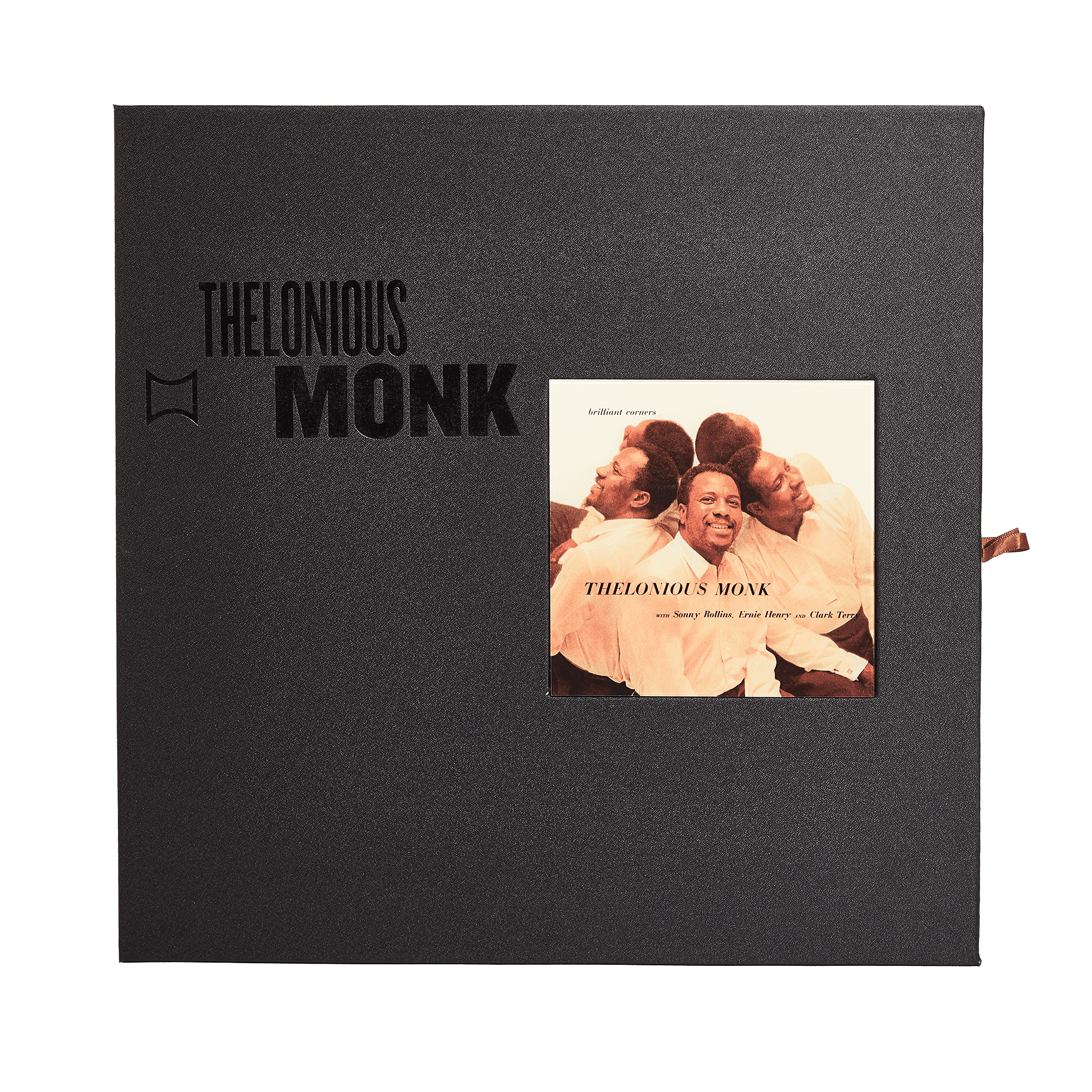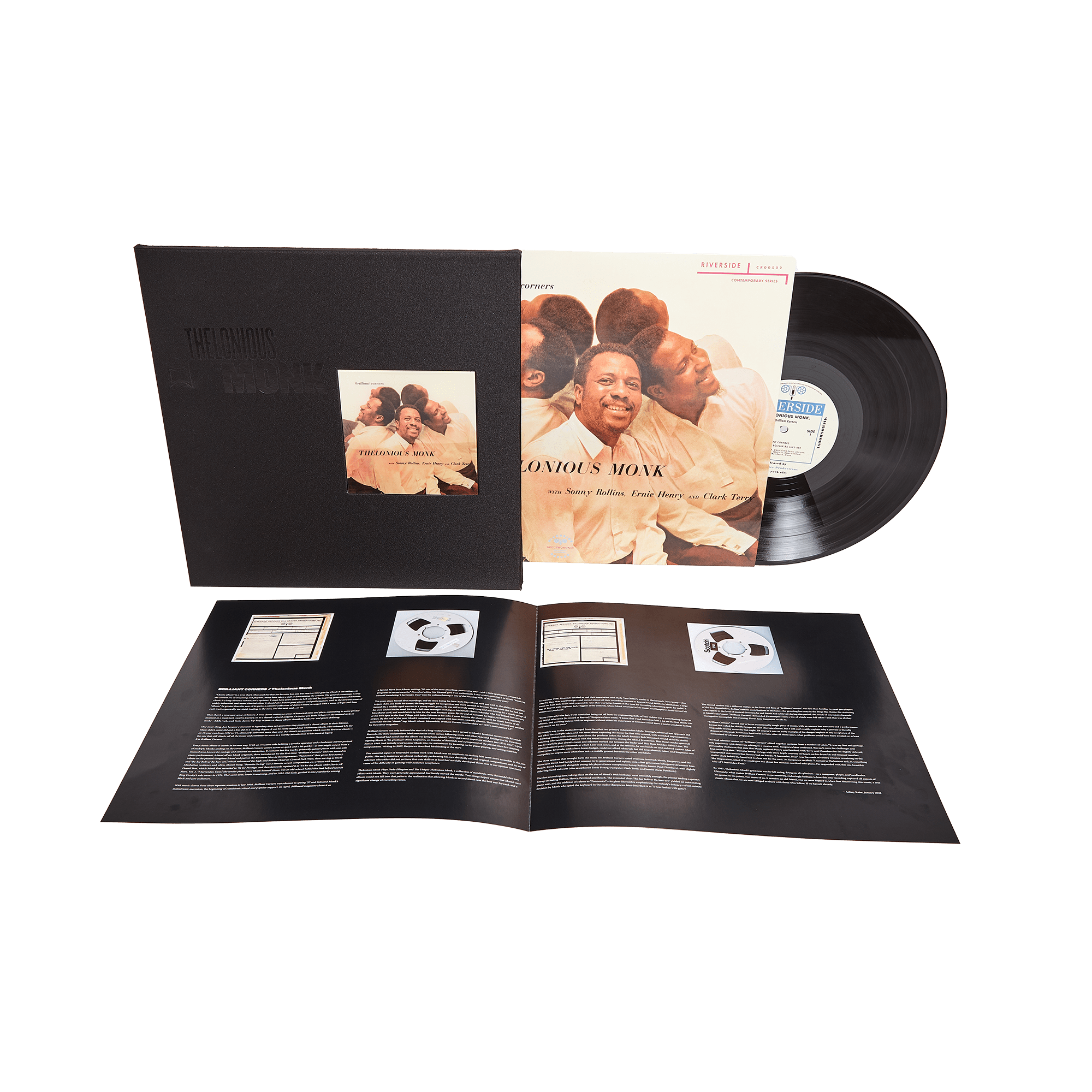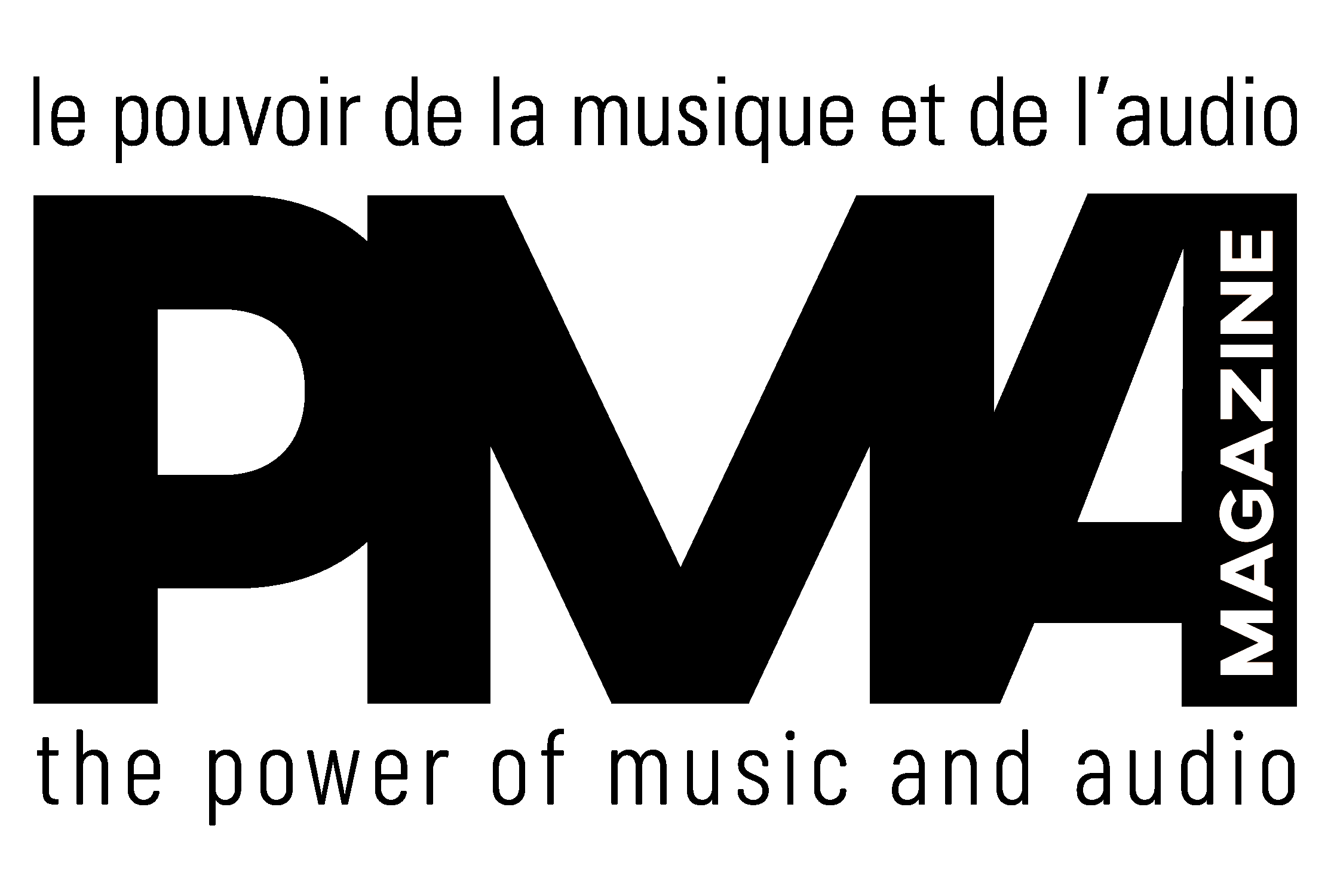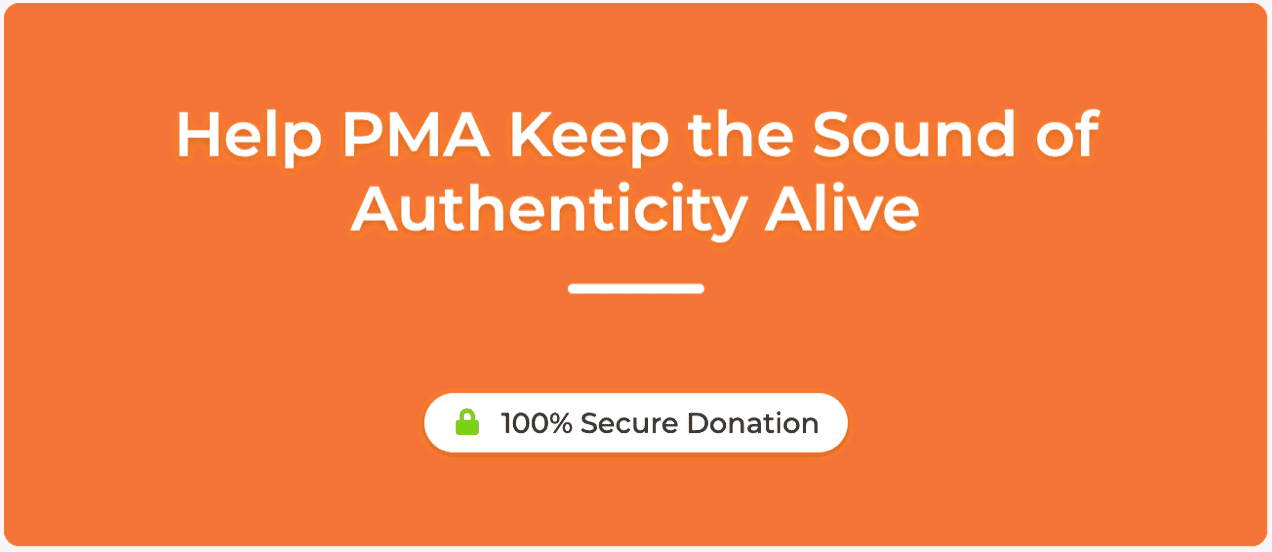
When a beautiful new Craft Records reissue of Thelonious Monk’s landmark Brilliant Corners album arrived recently, curiosity led me to see how many different pressings of this essential jazz masterpiece existed. Amongst the over 100 versions out since its 1957 release, I noticed a mass of public domain reissue labels had jumped into the fray.
These European-based labels reissue music on vinyl that’s gone over to public domain in the EU. While it varies from country to country, copyright protection generally lasts from between 50-70 years from the author’s death. For context, public domain means, in the words of Stanford University Center for Copyright and Fair Use, “creative materials that are not protected by intellectual property laws such as copyright, trademark, or patent laws.” In other words, it’s legal to do what you wish with this content and no royalty payments are due to anyone.

As more recordings pass into public domain, European labels like Wax Time, Jazz Images, Doxy, DOL, Vinyl Lovers and more have flooded the market with LPs of jazz and rock classics priced significantly below copies from legit labels. At the same time, original copies in VG+ or better shape and new high-end reissues like the 2003 Analogue Productions 45 RPM pressing have gotten progressively more expensive. While the record business in the U.S. considers these cheap imports to be a form of piracy, enforcement has so far been non-existent.
The sonic qualities of these public domain (PD) reissues have become a much-debated topic in the audiophile community as the amount of PD reissues has exploded. As a believer/lover/user of reissues by Analogue Productions, Music Matters, Tone Poet, Mobile Fidelity and a few other select reissue labels, I never paid much attention to the PD invasion until music students of mine began asking me eminently practical questions like, “Is it really worth paying so much when I can get one of these new ones at Discogs.com or eBay for like $20?”
Two crucial factors must be considered when answering that question. The better your gear, the more you will, or will not, hear. In addition, it’s often dependent on individual listening histories. If you grew up listening to MP3s on a smartphone, then these LPs may well present a gateway to a bright new world of audio fidelity.
If you collect quality vinyl and have lived through the sonic progression of LPs, followed by CDs, followed by new vinyl reissues (with the careful, high-end examples sounding as good or better than the original copies), then PD reissues will be less than thrilling. The overall reason is that the PD labels cut their vinyl from CDs, MP3 files, rips from YouTube or whatever compromised source they can find. Because the PD labels aren’t paying licensing fees, artists or their estates gain no monetary benefit and the PD labels do not have access to the original tape sources or even high-resolution digital copies.
Famous as the record that nearly unhinged its sidemen, Brilliant Corners is a perfect example of why Monk will never be as accessible as other jazz pianists of his era, like Bill Evans, but also of why he was in many ways the most advanced musically. The five longish tracks, produced by Orin Keepnews, were recorded in October 1956 at Reeves Sound in New York City in three sessions with two different lineups just before Monk’s 40th birthday. With Monk on piano, a young Sonny Rollins on tenor saxophone, Ernie Henry on alto sax, Oscar Pettiford on bass, and the inestimable Max Roach behind the drum kit, this quintet tracked the fiendishly difficult title cut, as well as “Ba-lue Bolivar Ba-lues-Are” and “Pannonica”, the latter a tune highlighted by Monk on the celesta. After many unsuccessful takes, the master take of the tune “Brilliant Corners” had to be assembled from parts of several different attempts. Two months later, Monk, Rollins and Roach, along with bassist Paul Chambers and trumpeter Clark Terry recorded “Bemsha Swing,” an original co-written with drummer Denzil Best, which debuted on record in 1952. The pianist also recorded a solo performance of Harry Barris’s ballad, “I Surrender, Dear.” As a prime example of Monk’s idiosyncratic take on bop jazz, Brilliant Corners remains Monk’s studio masterpiece and one of the most representative and important milestones of 1950’s jazz.

The new Craft Records version of Brilliant Corners comes in a tight, cloth-covered slip with a two-page booklet containing fresh liner notes by Ashley Kahn. Part of the label’s “Small Batch” series, this reissue is an all-analogue, one step pressing, and yet another entry in the One Step trend that’s caused controversy but in general has produced excellent-sounding but very expensive ($109) reissues. With lacquers cut from the original tapes (AAA) at Bernie Grundman Mastering, these LPs were pressed on 180-gram vinyl at Record Technology Incorporated (RTI) using Neotech’s VR900 vinyl compound. While I’m not sure that the sound quite lives up to its billing as “as close as the listener can get to the original recording,” the music has new spark and greatly increased detail and depth. Compared to the six LP versions that I own—and taking into account that my original Riverside mono pressing is in VG+ condition at best—this is the finest sounding version yet issued. The 2003 45 RPM Analogue Productions pressing is a very close second.
For comparison’s sake, I acquired PD copies of Brilliant Corners from Not Now (2022, from the UK), which uses a different cover image than the original WaxTime pressing (2011, Spain) and has DMM prominently added to the back cover, and a blue vinyl pressing from DOL (2015, Russia). All are 180-gram copies that were more than likely pressed at GZ in the Czech Republic, a facility that has had its share of pressing issue kerfuffles. While they all come in plastic-lined inner sleeves, which is a nice touch, the sound issues are apparent from the first track. Not surprisingly, there was very little sonically to distinguish the PD pressings from each other. Flat and one dimensional are the words most often used to describe their sound, and to that I’d add lacking life and essential spirit. The stereo image is thin and unclear in all three copies. Distortion clouds the edges and the level of detail is decent but does not approach what’s found on the better sourced, better pressed, more expensive reissues.
Clearly not meant for anyone who cares deeply about the sound of their recorded music, the PD reissues do have one slim redeeming factor. In this digital age when younger listeners are distracted by a myriad of online entertainment options led by anime, video games, and social media, music of-all-kinds and quality audio both need new fans. The last thing the music and audio businesses need is to drive away potential customers who may someday upgrade both their gear and their music. If starting out with a $20 pressing of Monk hooks a young person on his playing or jazz in general, then there’s hope. A recent Steve Hoffman audiophile forum post captured that hopeful progression best: “As my appreciation for well-recorded music has grown (and my equipment has improved) I’ve pretty much sworn off these Cheap-O reissues. The difference between one of these pressings and something from Analogue Productions, Speakers Corner, Chesky, Music on Vinyl or Pure Pleasure is really night and day. Then again, so is the price.”















Leave a Reply